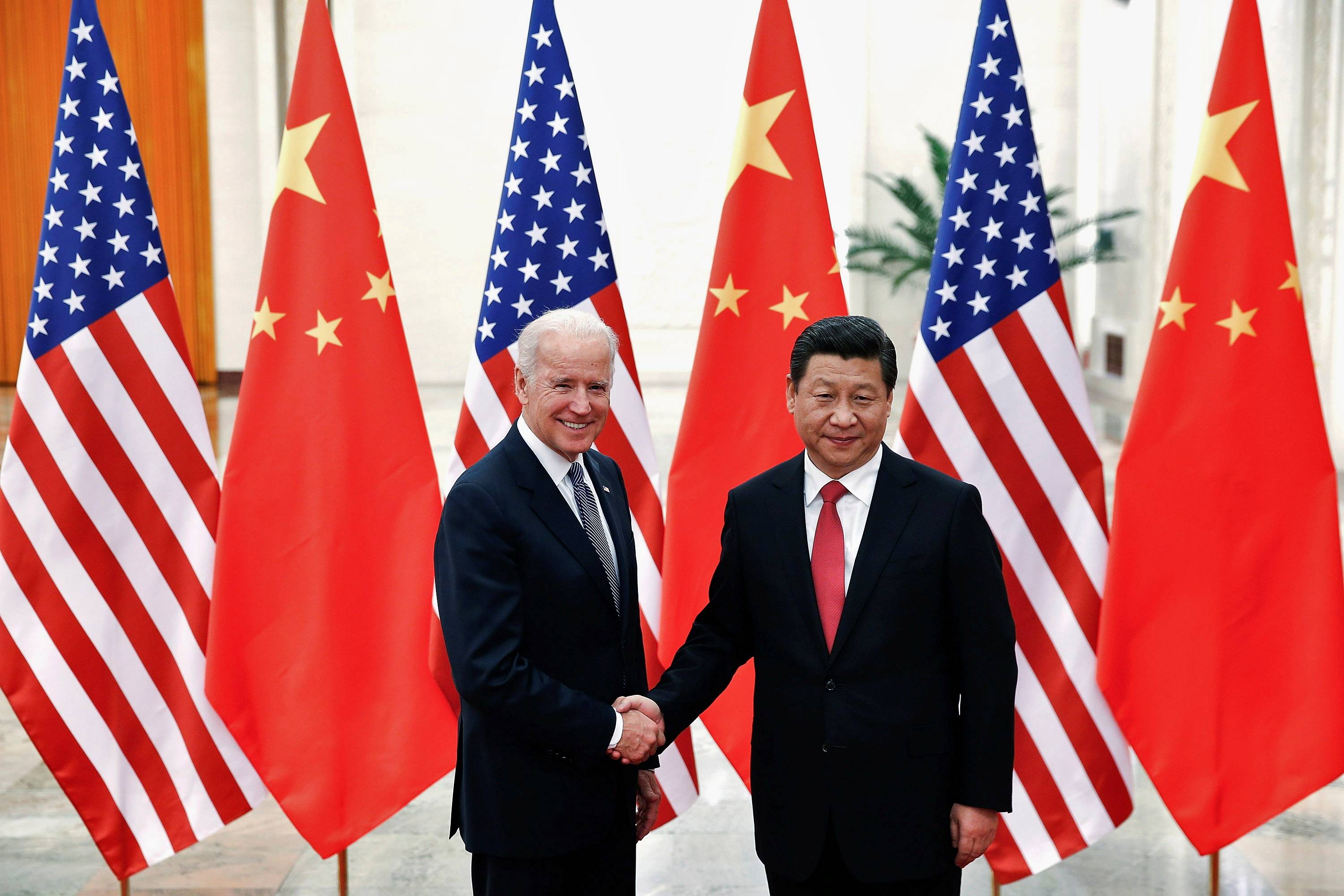It’s easy to feel overwhelmed these days. There’s climate change, vast refugee movements, economic uncertainty and endless arguing about how to deal with COVID-19. There’s the drumbeat of war in Ukraine, tensions in the Taiwan Strait, North Korean missile tests and persistent unrest in the Middle East and the Horn of Africa. There’s was also an attempted coup in the United States, the current rising tide of nationalist and populist movements in democracies, including and massive unrest in Canada — IN CANADA!
A growing feeling of helplessness is exacerbated by a sense that the problem isn’t merely that the West is adrift, but that a countervailing power is growing more capable and purposeful. A new axis seeks global leadership which is triggering calls to defend the existing “rules-based order.” The focus until recently was on China, but events in Europe remind us that Russia too is a revisionist power, a potent and perhaps more reckless source of disorder.
Overcoming this dread — “unlearning helplessness” — was the theme of the Munich Security Conference (MSC), the annual meeting of U.S. and European national security officials and experts, that convened last weekend. In an essay that set the tone for the conclave, Tobias Bunde, a researcher at the Hertie School of Governance in Berlin, pointed to “general trends of decaying, rising geopolitical competition, ecological overload and a sense of ‘Westlessness’” that has led to “a permanent sense of crisis (that) has become the “new normal.” This interlocking set of crises is “feed(ing) each other, creating a sense of doubt and uncertainty in the minds of our people.”



















With your current subscription plan you can comment on stories. However, before writing your first comment, please create a display name in the Profile section of your subscriber account page.